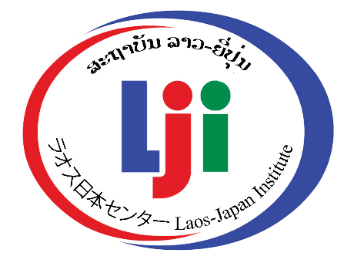Lao Keiei-Juku Program
Organized by Laos-Japan Human Resource Development Institute,
National University of Laos
Background
“Keiei-juku” is a specialized management skill development program for top management of enterprises. “Keiei-juku is a Japanese term which literary means a management school designed exclusively for top management of Japanese companies emphasizing on self learning and development by presidents and chief executive officers of the enterprises with adequate instruction and guidance of experts. Japan was able to achieve rapid economic growth during post second world war and has become an advanced nation today due to sustainable growth of enterprises with supportive government regulations and policies. Top management of enterprises in Japan have invested continuously on improving their leaderships and management skills as well as investing in improving their organizational culture and management tools based on building the capability of their personnel.
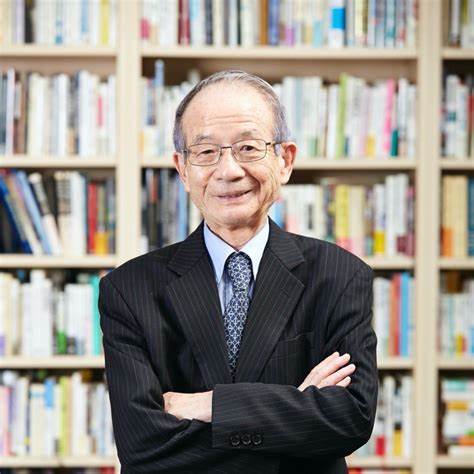
A world top 20’s management philosopher, Ikujiro Nonaka says: “to lead enterprises successfully, top management have to be endowed with six wise leadership abilities such as
(1) ability to set a good goal and judge on goodness,
(2) ability to perceive reality as it is,
(3) ability to create enabling working environment,
(4) ability to narrate the essence,
(5) ability to exercise political power to realize story, and
(6) ability to foster phronesis in others.
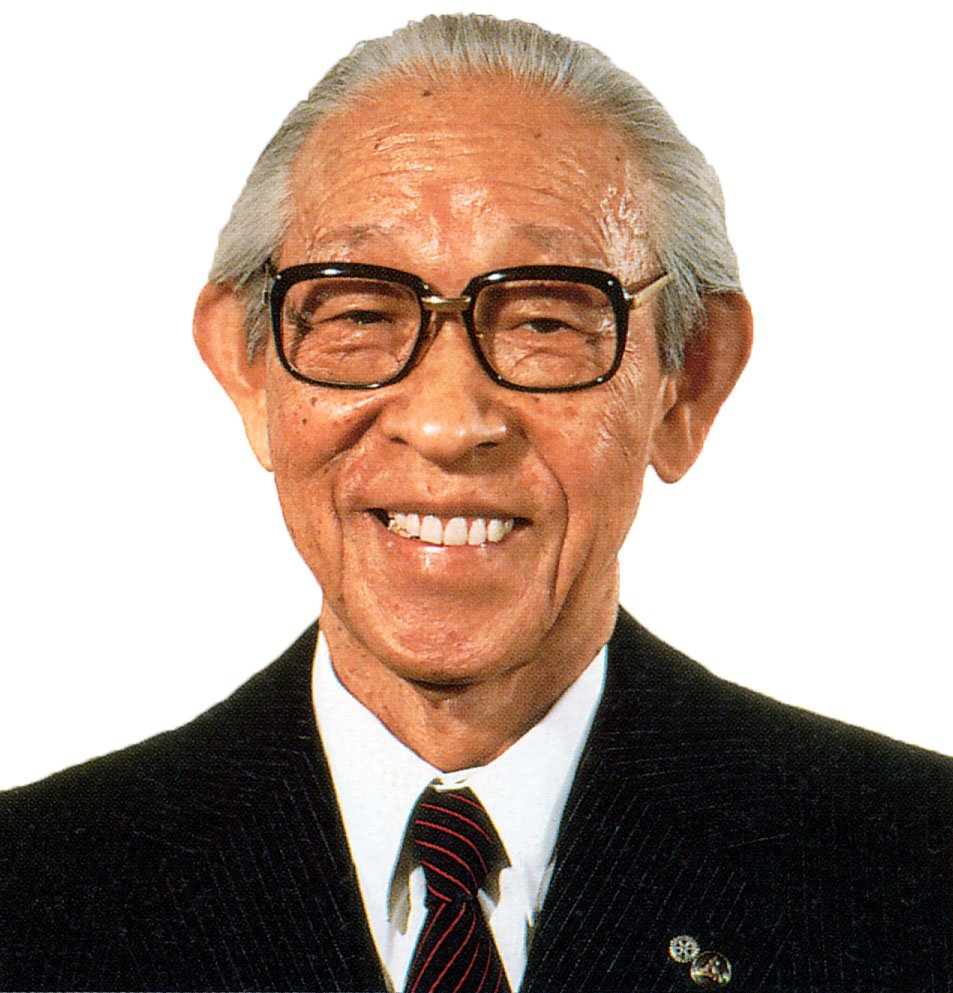
Founder of Panasonic Company, Konosuke Matsushita also says that to succeed in the increasingly competitive business environment, it is important for top management of enterprises to be equipped with the following skills:
• Skills of developing sound management philosophy
• Technological skills
• Marketing skills
• Personnel management skills
• Financial management skills
• Business planning skills
Konosuke Matsushita further says that, top management of enterprises should have following attributes:
• Understanding human nature in management: management is an activity performed both by and for the happiness of human beings. Managers are masters of the organizations they are managing. Managers are given authority to utilize people, equipment, and capital as they see fit. At the same time, managers have an obligation to deal fairly, humanely and with due consideration for all the resources at their disposal, to promote the development of the organization by ensuring that those resources are utilized to their fullest potential.
• Fully understand the mission: continuous seiseihatten, continuously satisfying ever changing human desires. The nature of goods and services supplied will differ by industry, but all companies aim to contribute to human society through their business activities. Making profit is an essential part of sound business activities but it is not ultimate business goal. • Follow natural law: doing what is naturally required to make business better
• Promote mutual prosperity: an enterprise must develop along with society that encompasses it. All people involved must feel they are winners and receive fair treatment
• Assume the public is right: always listen to what customers need and try to meet their needs.
• Be confident and believe you will succeed and try to achieve stable result under any conditions.
• Be committed to specialization: make yourself different from others by emphasizing on your strong points.
• Produce people before product.
• Promote collective wisdom: one for all and all for one, reflecting knowledge and views of all in decision making, combining strong points of all persons in the work.
• Start a new very day.
• Be politically aware: macro environment.
• Have sunao mind: open minded and judge reality as it is.
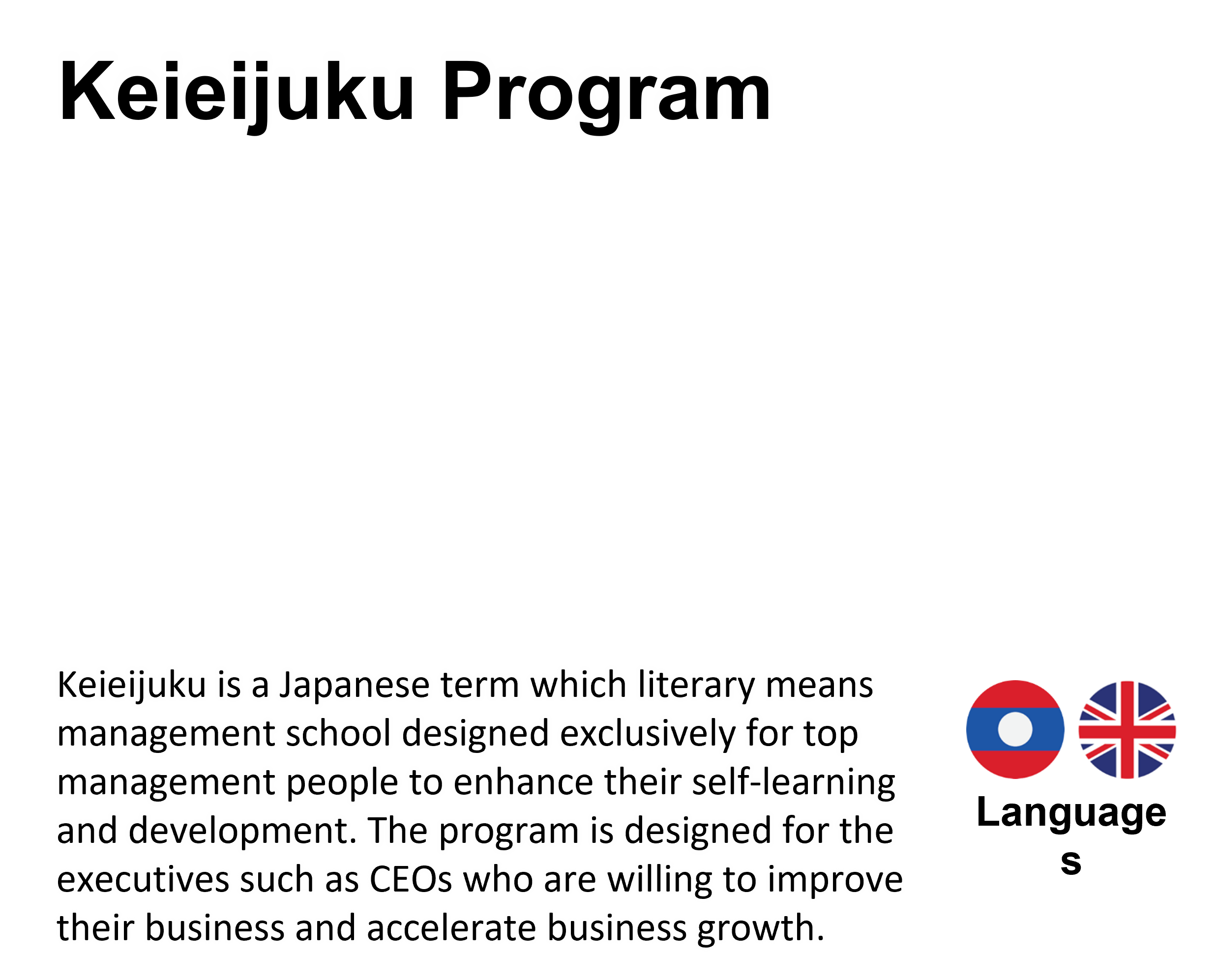

All lectures are taught by Japanese experts with global business experience, who also have experience in lecturing both theory and practice.

By the end of lectures, participants will come up with Business Plan for the purpose of your business growth. In addition to lectures, participants are able to have one-on-one consultations. The program will be concluded with ‘Study Tour in Japan’ to learn Japanese management practice on site and business trend from Japanese companies through direct interaction.

By participating in Keieijuku Program, participants are able to join the KJL (Keiei-Juku Lao) networking group, where participants are able to receive various opportunities to accelerate your business such as networking among KJL member companies, other Lao and foreign companies including Japanese companies.

The Program is for 6 months, 5 days of lectures (9:00-16:00, M-F) in each month. An opportunity of one-on-one mentoring is available each month, following the week of lecture.
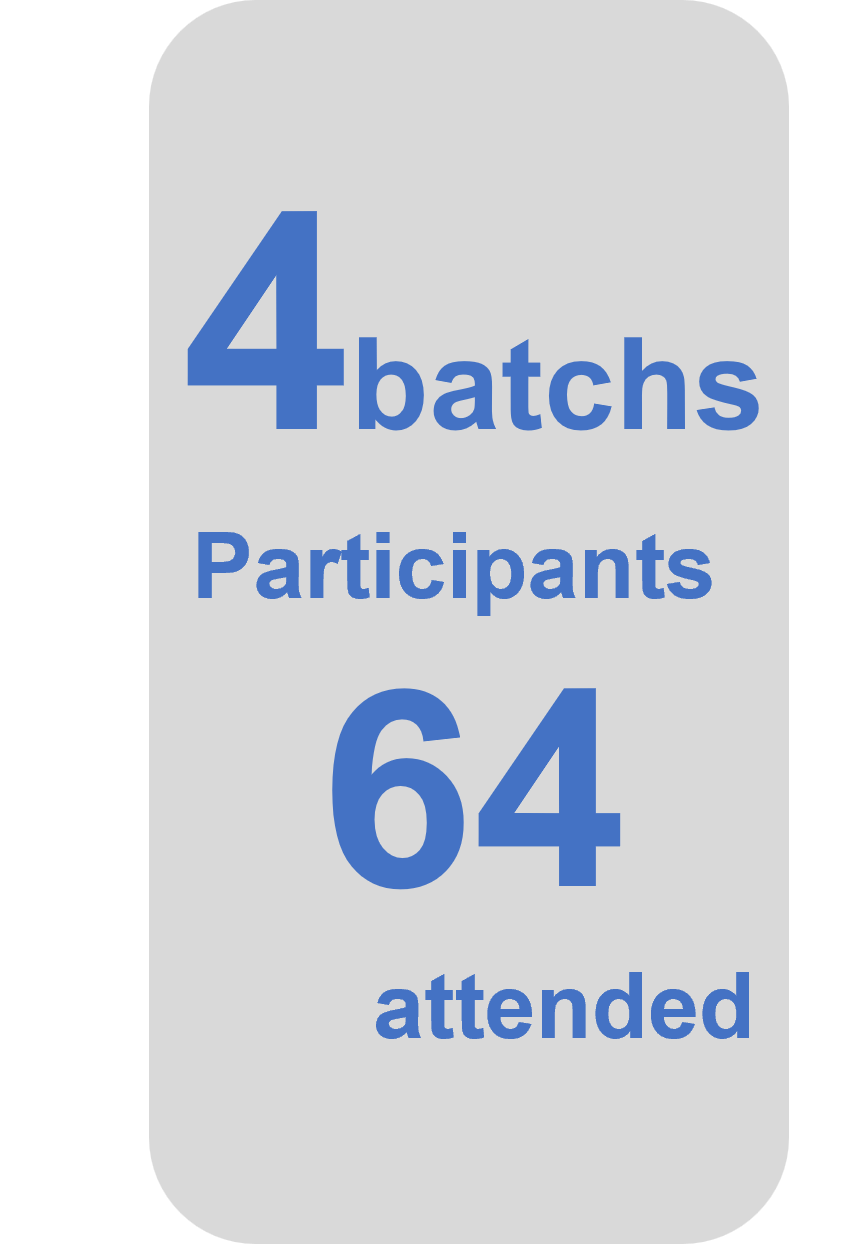

In this “keiei-juku” program, enterprise top management will be exposed to theoretical concepts and cases where successful business persons developed the above mentioned skills. The company managers will be guided and motivated to develop skills of analyzing their own business issues and develop their own business improvement plan. They will also learn from one another in the class and develop wider business networks which will be useful for their future development.
bookProgram duration and operation approach
This “keiei-juku” program is a six-month long program consisting of 5 crucial business management subjects plus achievement briefing workshop. Each subject will last for one month where the participants are required to attend lectures and workshops for one week. The rest of the month, the participants will be working on assignment concerned with applying the lessons obtained in the class in their actual business analysis and planning. In this way, upon completing of the six-month program, the participants will have done thorough analysis and developed a comprehensive improvement plan for their own companies.
scheduleLecture and workshop schedule:
Monday – Friday, 9 am ~4 pm(Lunch time: 1 hour)
subjectList of subjects in the program
• Corporate Strategy
• Operation Management
• Marketing strategy
• Financial strategy
• Strategic Human Resource Management
• Business plan
• Achievement briefing workshop
Study tour in Japan (2 weeks)
peopleNumber of participants:
15~20 people
accessibilityExpectations to the participants
Participants of “keiei-juku” program have to be top management of enterprises who have authority to analyze current situation and introduce an appropriate improvement plan to enterprises.
The participants should also have sufficient English proficiency for better learning directly from the experts and presenting their ideas to the experts. This English capability is necessary although interpretation is provided in the class.
The participants are also expected to be highly committed to make full participation in the program and make reasonable situation analysis and improvement plan.
Failure to fully participate in the program or failure to make reasonable actual situation analysis and improvement planning may result in disqualification of obtaining the completion certificate.
recent_actorsAdmission Requirement
・Participants of this program have to be top management of enterprise
・Have sufficient English proficiency
・Highly committed to make full participation in the program
・ Applicant interviews and announcement of successful applicants: September 2022
monetization_onTuition fee: US$2000
Syllabus
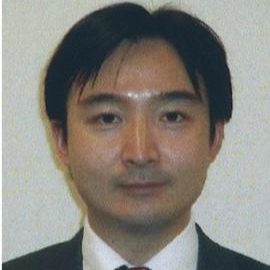
Akifumi Nakanishi
Founder & CEO of AuSTLLC
Experiences in providing advice to various companies as Executive Director at The World Bank Group, and also as a country economist at the Daiwa Institute of Research Ltd in the past.
Corporate Strategy
Objectives
We have faced with global, drastic, complex and leaping changes in the business to make it difficult to win the mega competition and to satisfy the customer without comprehensive understanding and deep thinking of the situations. To cope with the situation above, we have to master the strategic management to be strategic in management and this course will provide the participants with the knowledge and the knowhow of how to deal with the situation.
Outline
1) Situations surrounding today’s management
2) What is a strategic management?
3) What are management issues?
4) How to deal with issues through BSC
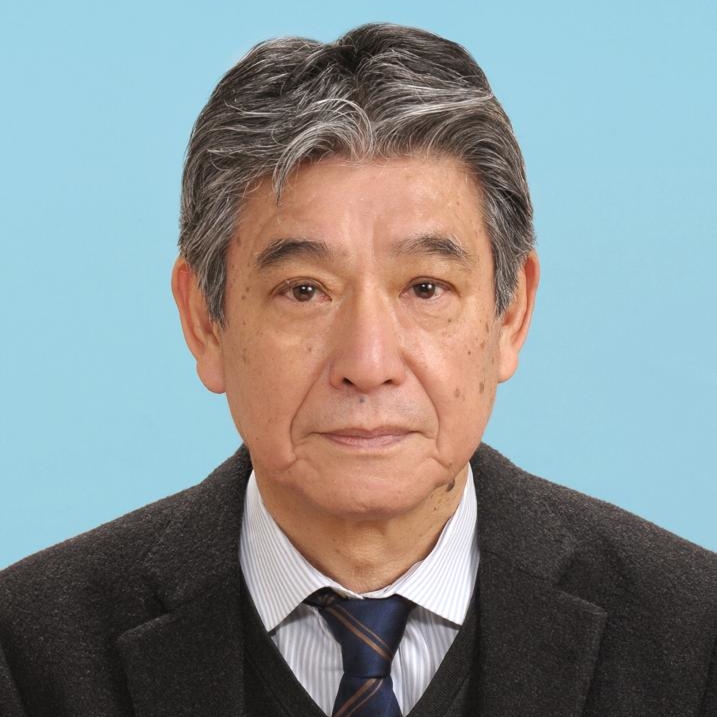
Mitsuo TAMADA
President & CEO, Truspire Co.,Ltd., EBRD Senior Industrial Advisor
30 years working experience at Japanese textile company, and also providing advice on Production/Operation, Sales Management, Marketing to companies in various countries.
Operation Management
Objectives
Outline
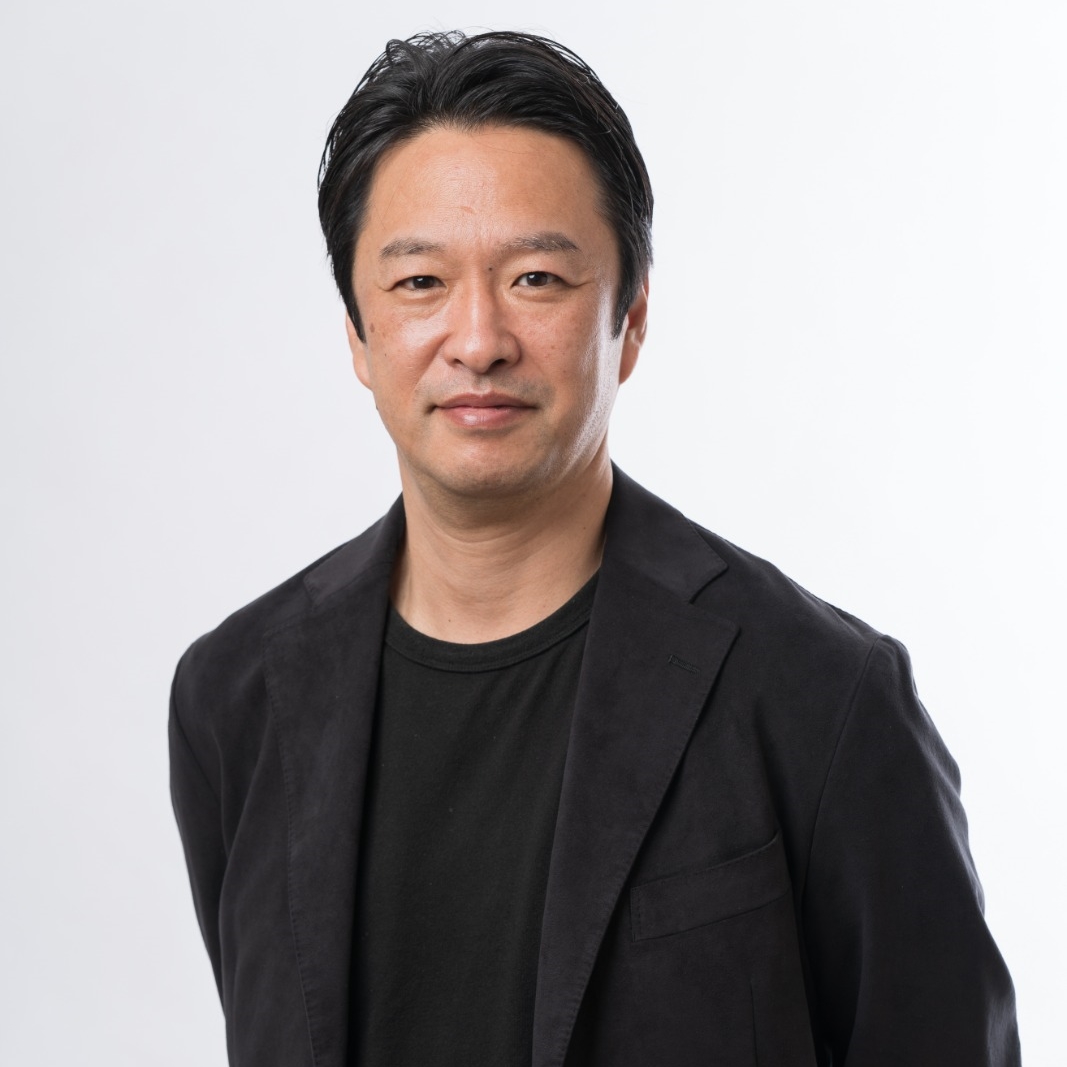
Masakazu Hirakawa
President and Founder of M’S Consulting Inc.
A Trusted strategic advisor for various companies inc. start-up. Experienced in supporting many companies to develop short-term growth strategies and marketing business development plans
Marketing Strategy
Objectives
A Trusted strategic advisor for various companies inc. start-up. Experienced in supporting many companies to develop short-term growth strategies and marketing business development plans
Outline
1) Situations surrounding today’s management
2) What is a strategic management?
3) What are management issues?
4) How to deal with issues through BSC

Kyoko YAMAZAKI
Specially appointed professor, Rikkyo University. Vice Chief Director, Japan Society for Human Resource Management
Experienced in providing advise & consultation to various companies
Strategic Human Resource Management
Objectives
People, Material and Money are the most important resources in management, however, people issues comes last under developing economy. Turnover or abandonment of worker is the outcome of NO strategic management for Human Resources. Strategic Human resource Management (SHRM) means that not only the solution for people issues, but also the powerful tool to keep competitive advantage at market economy. In this course, participants will learn how to link the company vision & strategy to the HR strategy &each practice.
Outline
1) Understanding the background of people and organization issues; motivation, division of labor, adult learning, teamwork & leadership
2) Understanding the HR practices; hiring, development, evaluation, rewards, retention.
3) Understanding the differences of Japanese HR system and Western HR system; hiring new graduate, lifelong employment, job rotation.
4) Deep considering of HR strategy to fit into own business

Rie Shinozaki
President of Super Troupers Inc. Consultant of World Business Association Co., Ltd.
Progressive responsible experience in business analysis, accounting and finance in a competitive international environment.
Financial Management
Objectives
Participants will learn about Financial Strategy which is required for management and managers in SME and are expected to get a correct and/or a better understanding of it in order to improve their management skills in terms of financing activities.
Outline
To understand the essence of major concepts
To acquire basics to consider and develop your own financing strategy
To be able to apply what you learned for real issues

Akifumi Nakanishi
Founder & CEO of AuSTLLC
Experiences in providing advice to various companies as Executive Director at The World Bank Group, and also as a country economist at the Daiwa Institute of Research Ltd in the past.
Business Plan
Objectives
Participants will learn the framework of developing and evaluating business plan.
Each participant will develop a draft of his/her company’s business plan.
Outline
The lecturer shall guide the participants through the lecture and workshop, so that they will learn the frameworks to develop business plans.
The lecturer presents many case studies and responds to questions from the participants.
At workshop, the lecturer requests each participant to develop a draft business plan of his/her company.
